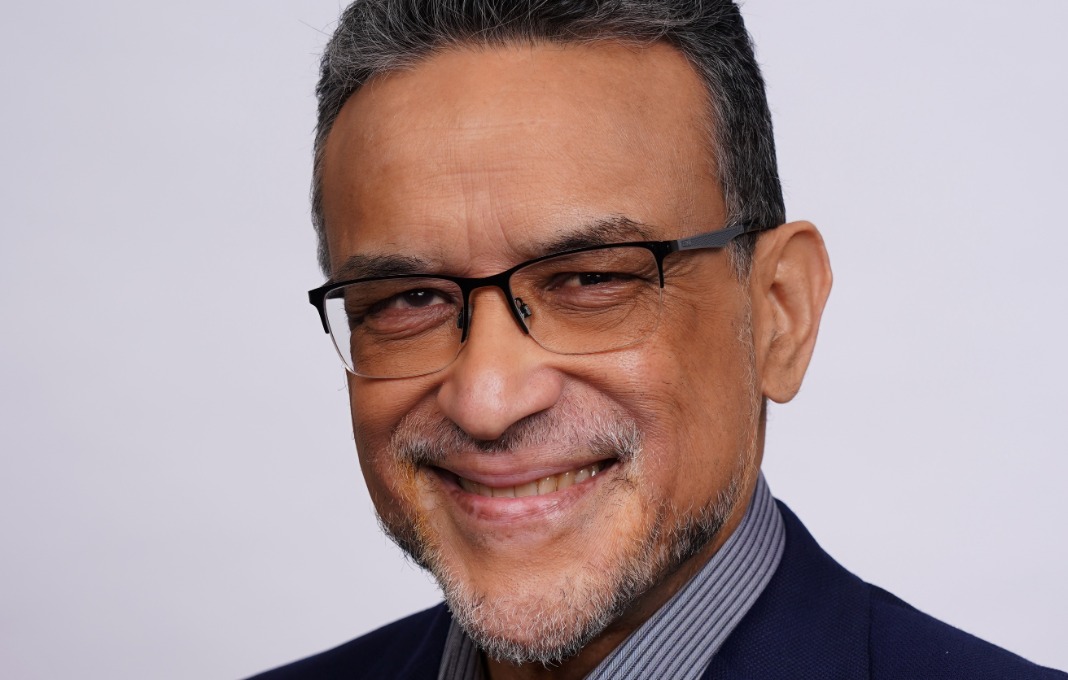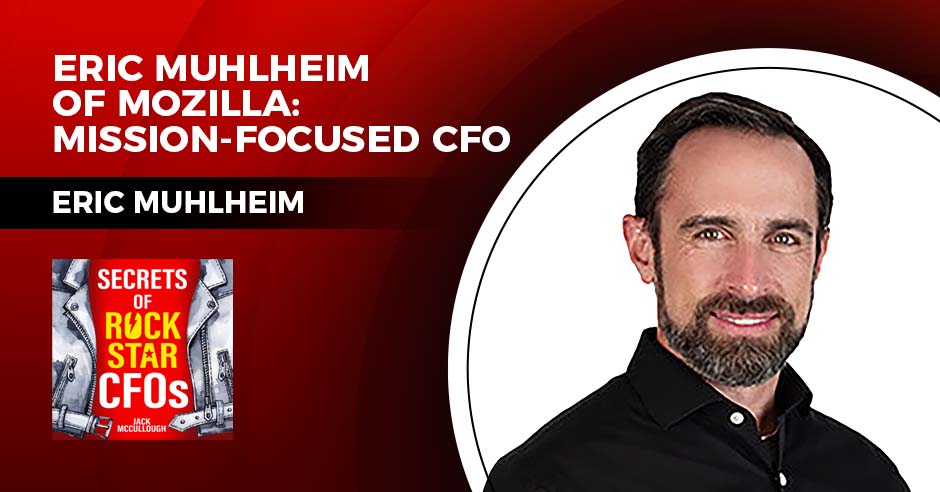It was a given that Efrain Rivera would handle the traditional duties of CFO when he took on the role at Paychex in 2011. He had prepared for those responsibilities partly by serving previously as CFO of Bausch & Lomb and as finance and administration chief for Houghton College in western New York.
But from the start as senior vice president and CFO of Paychex, Rivera defined the position broadly. He helped lead the transition of the administrative-services giant to the cloud, direct its transformation to a human capital-management technology company from one merely offering services, oversee the biggest acquisition in the company’s history and even add significant oversight of risk management, legal affairs and international strategy to his purview for the $5.1 billion company headquartered in Rochester, New York.
“The portfolio of responsibilities I was given was quite wide,” Rivera tells StrategicCFO360 as he prepares to retire this fall and move into an advisory role for the rest of the year. “What’s now more common was less common then, and because I was very involved with the strategy of the company as we were growing from $10 billion in market cap to now above $40 billion, I was given a lot of opportunities to shape some of that growth too.”
Rivera also has served as a role model for Hispanic finance executives who, he says, remain under-represented among CFOs in the Fortune 500. “There’s a lot of talent that needs to be nurtured and developed, and it takes people who are committed to doing that to reach out a hand,” Rivera says.
Varied Path
The breadth of Rivera’s late-career responsibilities stems in part from how he varied his early professional path. He began as a commercial litigator for the Justice Department, then became enamored of studying management and picked up an MBA and Ph.D. in that practice. While climbing the ladder at eyewear supplier Bausch & Lomb, Rivera also traveled extensively abroad and ended up working for six years in Mexico City.
After Bausch & Lomb went private in 2007, Rivera took the opportunity to help stabilize Houghton, a small liberal-arts college that was his undergraduate alma mater and “was struggling.” After helping “solidify the base” for Houghton, Rivera pivoted to a public-company setting with Paychex where he believed his “skills and talents would be best suited.”
When Rivera came aboard, Paychex under new CEO Martin Mucci was about a year into the transformation of a tech operation which—despite a name that sounds so current it could have been coined yesterday—was already about 40 years old. “He had a clear vision of where he wanted to take the company and invest,” Rivera recalls. “It was right at the cusp of [industry] transition to the cloud. He had anticipated that everyone was going to switch to a SaaS model, and he’d been prescient enough to understand what was occurring and start that work before I came.”
Rivera immediately proved to be the ideal wing man for Mucci, given his varied background and demonstrated flexibility. They grasped the reality that “yesterday’s service would be tomorrow’s technology” in data-intensive administrative sectors, Rivera says—in line with the “software is eating the world” theme that developed around then.
At the same time, Rivera and Mucci developed and executed another important strategic thrust: moving Paychex robustly into the world of “human capital management,” where services such as payroll administration could be combined with a more deliberate and orchestrated approach to providing corporate clients with an overall plan and more tools they could use to optimize deployment of their workforces.
“We were moving from provision of back-office services to an integrated platform that would permit you to manage all of your human capital, and in that transition, HR would become much more important,” Rivera says. “So the growth of our HR services just took off.”
It largely was up to Rivera and Mucci to determine how Paychex would invest further in the future of HR management that they were helping to define. “We had to work together on creating the ability and space to be able to invest in the business so we could grow through the use of technology,” Rivera says. “We had to think through how to do that in the context of also delivering on promises we made to our investors.”
One result was the largest acquisition in Paychex history, when in 2018 the company for $1.2 billion bought Oasis, which then was the nation’s largest privately owned professional employer organization. That and other bolt-on acquisitions enabled Paychex to “selectively bolster parts of the business that were growing rapidly, in order to drive our growth,” Rivera says.
“We invested in technology and needed to push our ability to drive our HR services, and structure our budgets to accommodate that kind of growth, and then sell that story,” Rivera says. “That’s part of what I did, with Wall Street.”
Over the years, Rivera also has overseen what he calls an “unusual” bundle of responsibilities that included risk management and legal functions. “If you’re not keeping an eye on the risk parameters for the company and managing it in such a way that the risks you take are appropriate for your company, you’re going to miss something, and it could be a problem,” he says.
International Experience
Because he had experience in commercial operations, Rivera also was given responsibility for managing Paychex’s financing subsidiary. And in part leveraging his international experience with Bausch & Lomb, Rivera ran Paychex’s international operations “and building out our strategy to grow the business internationally.”
In retrospect, Rivera knows that those mid-career days traversing Latin America and living in Mexico for Bausch & Lomb “were absolutely crucial to my development. There probably is no more complex area to do business in than Latin America, and if you can be successful there, it really is helpful in your career.”
For such reasons, Rivera recommends targeting experience in Latin America to Hispanic executives and managers with ambitions to become CFOs of U.S. companies.
“Part of the reason I was successful is that I had a certain amount of cultural fluency and ability to operate in those environments bilingually,” he says. “Many business meetings were held primarily in Spanish, and in Brazil, in Portuguese with a little Spanish thrown in. I’m from Puerto Rico, which prepared me with an ability to operate in different cultures and cultural contexts, or I wouldn’t have gotten certain opportunities from a career perspective and opportunities for future roles.”
At the same time, Rivera notes that the United States, not just the Southern Hemisphere, is becoming a greater place for finance-oriented careerists who are Hispanic to make their mark.
“There’s a growing amount of Latino commerce in the U.S., and plenty of opportunities here to drive opportunities for Hispanic and Latinx CFOs,” he says. “That didn’t exist 25 to 30 years ago.”








